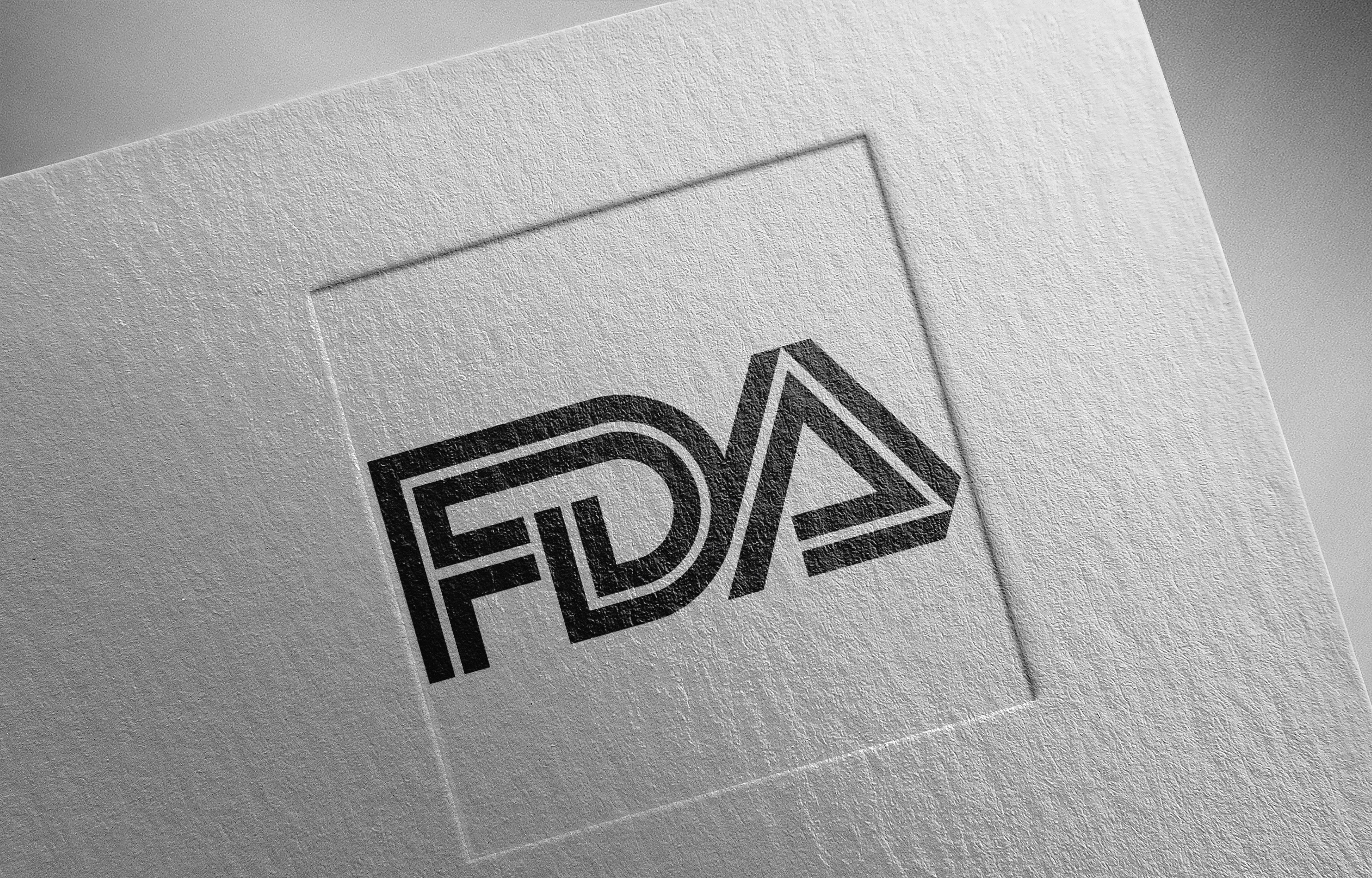Potential acute myeloid leukemia treatment receives Rare Pediatric Disease Designation
The Rare Pediatric Disease Designation from the FDA follows the previously granted Orphan Drug and Fast Track Designations.
Potential acute myeloid leukemia treatment receives Rare Pediatric Disease Designation | Image Credit: © Araki Illustrations - © Araki Illustrations - stock.adobe.com.

SLS009 (SELLAS Life Sciences) has been granted Rare Pediatric Disease Designation by the FDA for the treatment of pediatric acute myeloid leukemia (AML), according to a press release from SELLAS Life Sciences Group.1
The highly selective CDK9 inhibitor was previously granted Orphan Drug and Fast Track Designations by the federal agency. SLS009 has the potential to become the first differentiated small molecule CDK9 inhibitor with reduced toxicity and increased potency compared to other inhibitors.1
In May 2024, SELLAS announced preliminary data from the phase 2a trial of SLS009 (NCT04588922), an open-label, single-arm, multi-center study to evaluate safety, efficacy, and tolerability of SLS009 in combination with aza/ven at 2 dose levels, 45 mg and 60 mg.2,3
Study participants were aged 12 years and older. Those in the 60 mg cohort were randomized into either a 60 mg dose once per week or a 30 mg dose twice per week. According to SELLAS, the target response rate at the optimal dose level is 20% with a target median survival over 3 months.2,3
In myeloid diseases, ASXL1 mutations are associated with poor prognosis. In all study cohorts, the ASXL1 gene accounted for most responders among all myelodysplasia-related mutations, as defined by the World Health Organiztion.2
As of April 19, 2024, a data cutoff point, there was a 57% overall response rate in the selected optimal dose regimen of 30 mg. All 4 patients r/r AML patients with ASXL1 truncating mutations at selected dose levels achieved an overall response and were alive at the cutoff point. Sixty-three percent of r/r AML patients across all dosing levels with ASXL1 truncating mutations who were treated with SLS009 achieved an overall response.2
“These early clinical results are very promising and could open up a new avenue in the treatment of AML and potentially beyond," said Joshua Zeidner, MD, associate professor of Medicine; chief, Leukemia Research; associate chief of Research, Division of Hematology; director, Clinical Cancer Research Commercial Integration at the University of North Carolina Lineberger Comprehensive Cancer Center. Zeidner, who was quoted in a statement at the announcement of the preliminary data, is also the lead study investigator for SLS009.2
"ASXL1 is a relatively common mutation in AML which leads to poor outcomes with conventional therapies," added Zeidner. "There are no known targeted therapies that are effective for these AML patients. I am extremely hopeful that SLS009 will make an impact in the management of patients with ASXL1-mutated AML and potentially other myeloid malignancies with similar disease biology.”
According to SELLAS, AML prognosis remains poor for the refractory and/or relapsed pediatric population with currently available treatments. The 5-year overall survival rate in relapsed pediatric AML was 33% for all patients in a representative study. The rate was 15.7% for patients whose remission lasted less than 12 months. Five-year overall survival was 0% in patients who did not achieve complete remission after 1 course of chemotherapy.1
“Receiving our second Rare Pediatric Disease Designation, following pediatric acute lymphoblastic leukemia last month, is another acknowledgment of SLS009’s novel transformational treatment potential to improve the lives of patients, including children with AML,” said Angelos Stergiou, MD, ScD h.c., President and Chief Executive Officer of SELLAS.1
”This designation reinforces our dedication to addressing the urgent needs of children with AML, including those with treatment-resistant mutations, highlighting the promise of SLS009 to offer the specialized care and support they require, especially considering the limited treatment options for rare pediatric diseases. We look forward to continued SLS009 development and enrolling pediatric AML patients in our Phase 2 clinical trial.”1
References:
- SELLAS announces US FDA Rare Pediatric Disease Designation (RPDD) granted to SLS009 for the treatment of pediatric acute myeloid leukemia. SELLAS Life Sciences Group. Yahoo Finance press release. July 16, 2024. Accessed July 22, 2024. https://finance.yahoo.com/news/sellas-announces-u-fda-rare-130500923.html?guce_referrer=aHR0cHM6Ly93d3cub25jb2xvZ3luZXdzY2VudHJhbC5jb20v&guce_referrer_sig=AQAAALHX8MBCdGdFmWEPtPvIIcECEwCUqKGiKZqISskKx34O1IvqmUtZYa3KGNUSNOIPYDJMWlkL6Y17GgPvuziWS-e5nnECBIsuGeVYJ-2y_mNRnRp58vCH5yb_L7rQgzF8vx4cSBfak5OlmOTPbodCvWgjQrB9mZbJCgARYZA7KU7J&guccounter=2
- SELLAS announces positive phase 2 preliminary data of SLS009 in r/r AML achieving a 100% response rate in patients with ASXL1 mutation at the optimal dose level. SELLAS Life Sciences Group. Press release. May 1, 2024. Accessed July 22, 2024. https://ir.sellaslifesciences.com/news/News-Details/2024/SELLAS-Announces-Positive-Phase-2-Preliminary-Data-of-SLS009-in-rr-AML-Achieving-a-100-Response-Rate-in-Patients-with-ASXL1-Mutation-At-the-Optimal-Dose-Level/default.aspx
- Study of SLS009 (formerly GFH009) a potent highly selective CDK9 inhibitor in patients with hematologic malignancies. ClinicalTrials.gov. Updated June 14, 2024. Accessed July 22, 2024. https://clinicaltrials.gov/study/NCT04588922?term=sellas%20life%20sciences%20group&rank=7#study-plan
Omalizumab outperforms oral immunotherapy in treating multi-food allergy
March 27th 2025A new clinical trial has found that omalizumab (Xolair; Genetech, Novartis) is more effective than oral immunotherapy (OIT) in treating multi-food allergy in individuals with severe allergic reactions to small amounts of common food allergens.